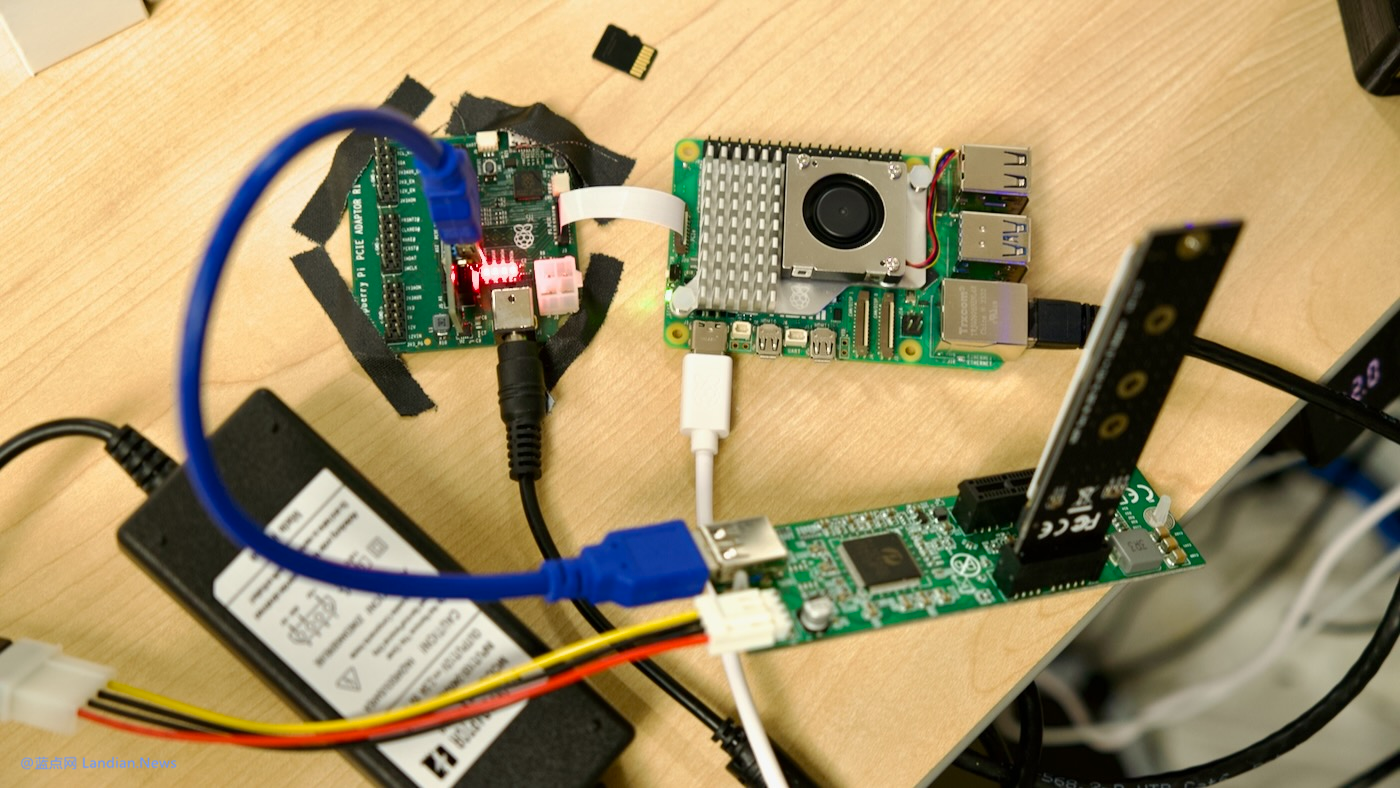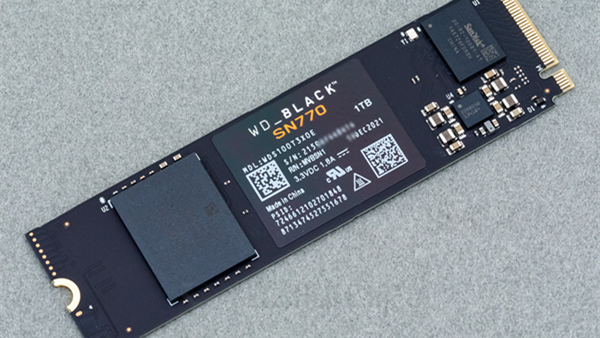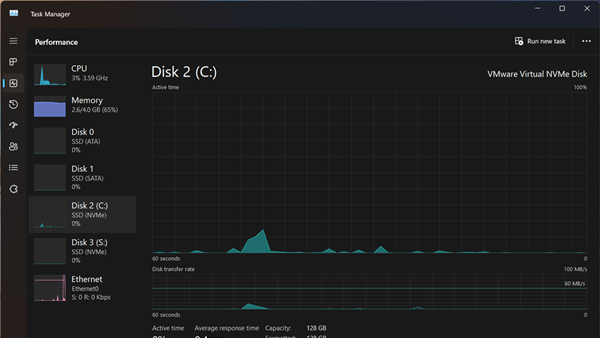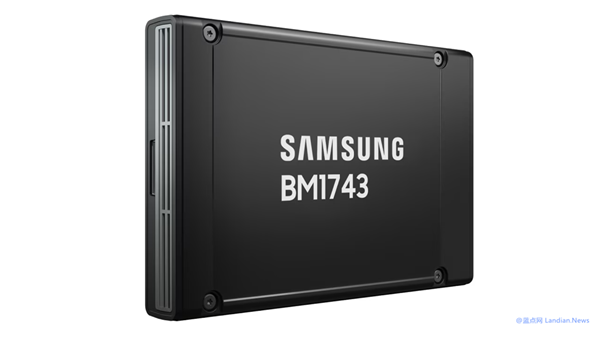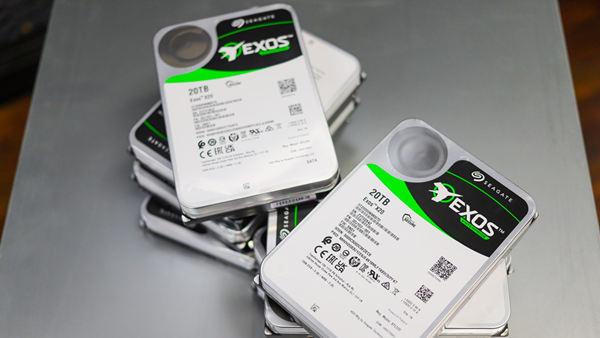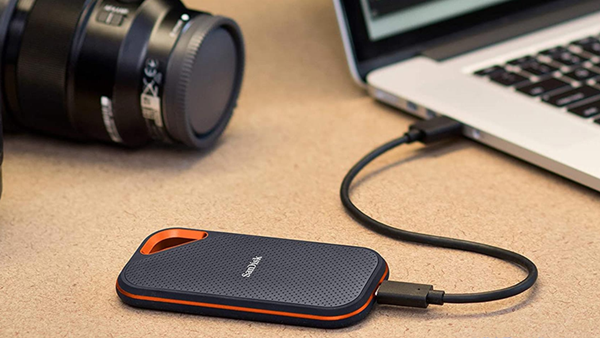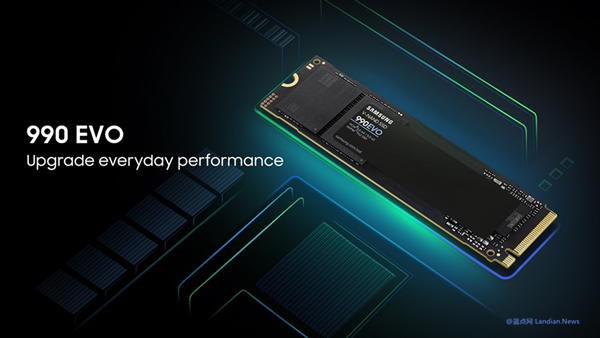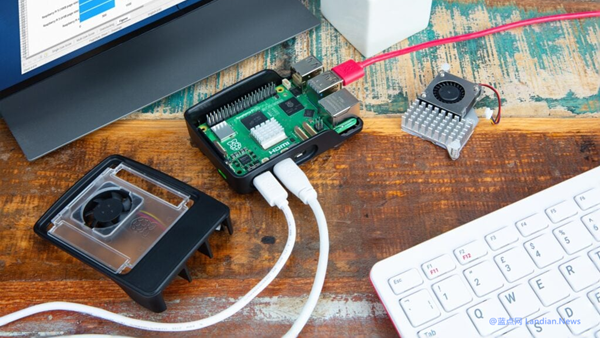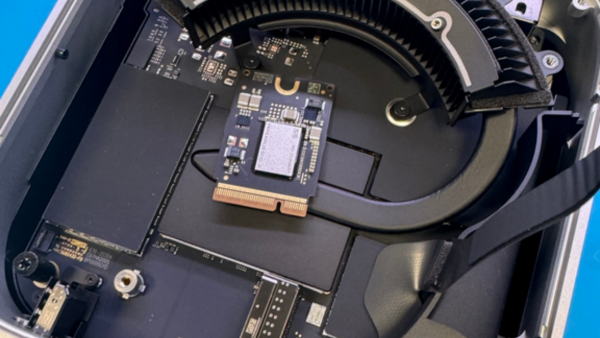Boost Your Raspberry Pi 5 with the New M.2 HAT+ Kit: Embrace NVMe SSD Performance
In the fall of 2023, the Raspberry Pi Foundation announced the launch of the Raspberry Pi 5, a new single-board computer that not only significantly improves chip performance but also supports running software on NVMe SSDs instead of microSD cards.
Traditionally, Raspberry Pis have used microSD cards, which are affordable and compatible, but their performance, especially in read-write speeds, leaves much to be desired, failing to meet some specific needs.
Thus, alongside the release of the Raspberry Pi 5, the Raspberry Pi Foundation also introduced the M.2 HAT + kit suitable for the Raspberry Pi 5. The main function of this kit is to connect NVMe solid-state drives, which can greatly increase storage space and provide better performance.
The M.2 HAT + kit comes in two types: one for larger devices (the most common M.2 2280 SSDs), which requires a connector cable to be linked outside the Raspberry Pi; and an L-shaped one for smaller M.2 2230/2242 solid-state drives, which can be tucked inside the Raspberry Pi's casing.
The official Raspberry Pi version of the M.2 HAT + kit is now on sale for $12. Interested Raspberry Pi enthusiasts can purchase the kit from distributors (though the price is not guaranteed to be $12 everywhere), and then they need to buy a solid-state drive separately.
When the Raspberry Pi 5 runs the latest firmware, if a connected PCIe device is detected at startup and it's an NVMe drive, it will attempt to boot from the NVMe drive by default, making the NVMe drive the system disk.
It's worth noting that when purchasing an SSD, there's no need to opt for one with too high performance because the PCIe channel used by the Raspberry Pi 5 is PCIe 2.0 x 1, with a maximum speed of about 500MB/s. Therefore, even if you buy a drive that can run at 14,000MB/s, it would be unnecessary.
Lastly, the emphasis on the official Raspberry Pi version of the M.2 HAT + kit is because some third-party manufacturers have already started selling similar kits. Since they use the standard PCIe protocol, these third-party kits are also compatible.
